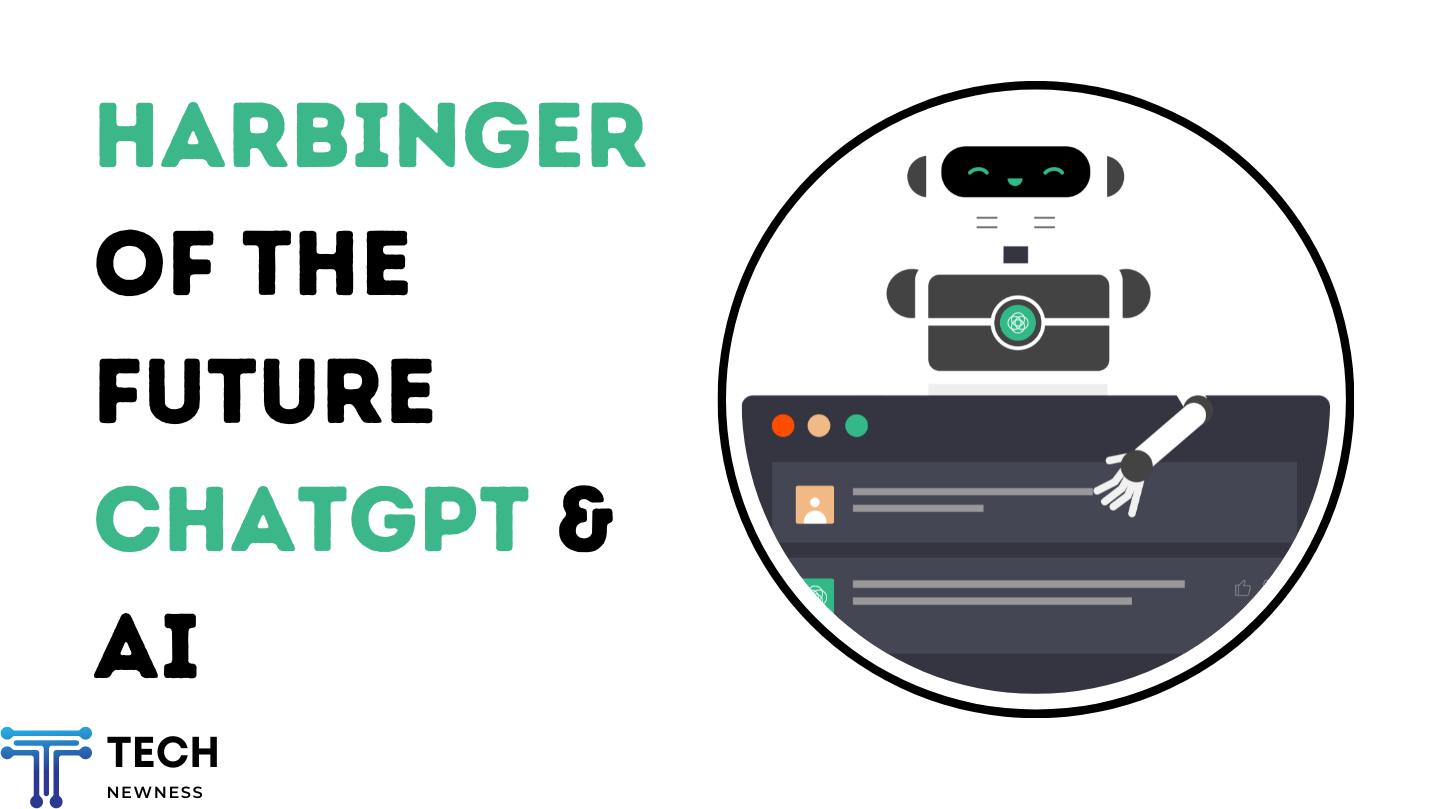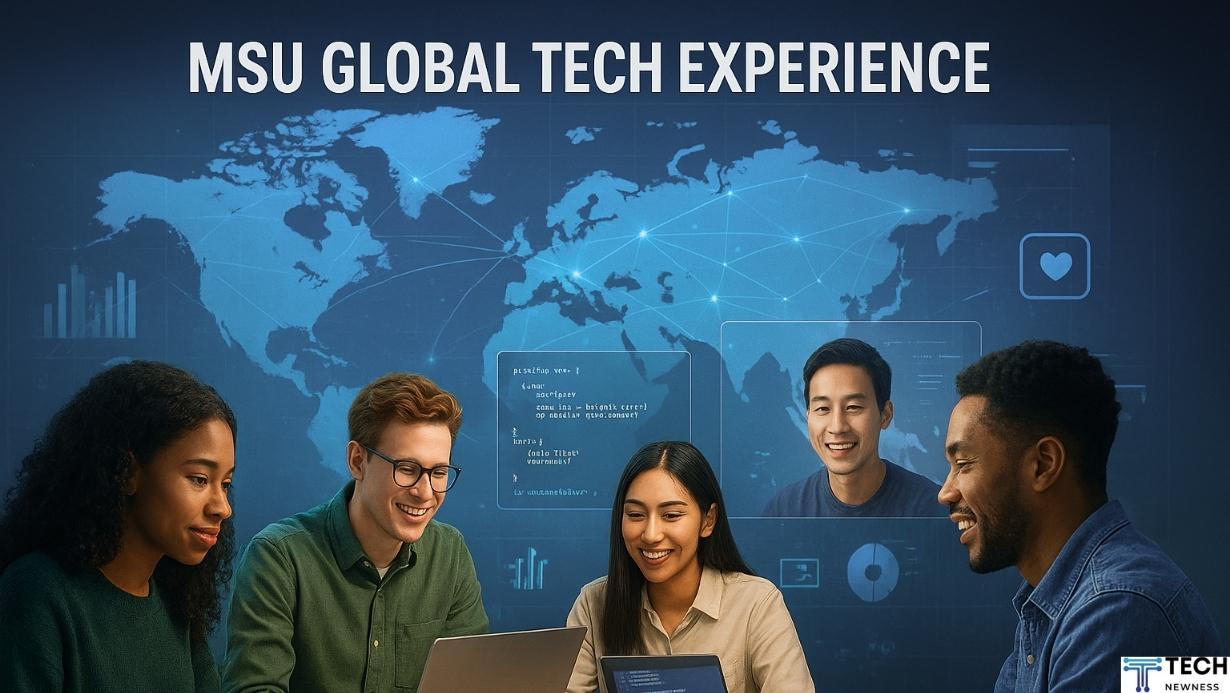As you navigate the rapidly evolving landscape of artificial intelligence, ChatGPT stands out as a Harbinger of the Future ChatGPT, a beacon of what’s to come. This groundbreaking language model has captured the world’s attention, offering a glimpse into the future of AI-human interaction. By engaging with ChatGPT, you’re not merely conversing with a sophisticated chatbot; you’re experiencing a harbinger of the transformative potential of AI. From revolutionizing customer service to augmenting creative processes, ChatGPT exemplifies the profound impact AI will have on various industries and daily life. As you delve into this article, prepare to explore how this remarkable technology is shaping the trajectory of artificial intelligence and what it means for your future.
ChatGPT: The Most Advanced AI Chatbot Yet
ChatGPT, developed by OpenAI, represents a significant leap forward in artificial intelligence technology. This sophisticated language model has captured the world’s attention with its ability to engage in human-like conversations, answer complex questions, and even assist with creative tasks.
Unprecedented Natural Language Processing
ChatGPT’s natural language processing capabilities are truly remarkable. It can understand context, nuance, and even subtle humor, making interactions feel surprisingly human-like. This level of comprehension allows it to provide detailed explanations, offer creative solutions, and engage in meaningful dialogues across a wide range of topics.
Versatility and Adaptability

One of ChatGPT’s most impressive features is its versatility. From coding assistance to creative writing, language translation to problem-solving, this AI chatbot demonstrates an extraordinary ability to adapt to various tasks. Its broad knowledge base, combined with its capacity to learn and improve through interactions, makes it a valuable tool for professionals, students, and curious minds alike.
Ethical Considerations and Future Implications
As a harbinger of the future of AI, ChatGPT also raises important questions about the ethical implications of advanced language models. Issues such as data privacy, potential biases, and the impact on human jobs are at the forefront of discussions surrounding this technology. Understanding these challenges is crucial as we navigate the rapidly evolving landscape of artificial intelligence.
How ChatGPT Serves as a Harbinger of the Future of AI
ChatGPT, the groundbreaking language model developed by OpenAI, offers a glimpse into the exciting possibilities that lie ahead for artificial intelligence. This revolutionary chatbot serves as a harbinger of the future, showcasing the potential for AI to transform various aspects of our lives.
Natural Language Processing Advancements
ChatGPT’s ability to understand and generate human-like text demonstrates significant progress in natural language processing. Its conversational prowess hints at a future where AI assistants can engage in more nuanced and context-aware interactions, potentially revolutionizing customer service, education, and personal productivity.

Ethical Considerations and Challenges
As ChatGPT pushes the boundaries of AI capabilities, it also brings to light important ethical considerations. Issues such as bias, misinformation, and privacy concerns underscore the need for responsible AI development. The challenges faced by ChatGPT serve as a preview of the complex ethical landscape that future AI systems will navigate.
Implications for the Workforce
ChatGPT’s versatility in tackling various tasks, from writing to problem-solving, foreshadows potential shifts in the job market. While it may automate certain roles, it also points to new opportunities for human-AI collaboration, suggesting a future where AI augments human capabilities rather than replacing them entirely.
The Possibilities and Limitations of ChatGPT and AI
Unprecedented Capabilities
ChatGPT, as a harbinger of the future of artificial intelligence, showcases unprecedented capabilities in natural language processing. It can engage in human-like conversations, answer complex questions, and even generate creative content. This AI model represents a significant leap forward in our ability to interact with machines in more intuitive and meaningful ways.
Potential Applications
The potential applications of ChatGPT and similar AI models are vast. From customer service and education to content creation and problem-solving, these technologies could revolutionize numerous industries. Imagine personalized tutoring available 24/7 or AI assistants capable of drafting legal documents with human-level precision.
Inherent Limitations
However, it’s crucial to recognize the limitations of current AI systems. ChatGPT, while impressive, lacks true understanding and can sometimes produce inaccurate or biased information. It’s trained on historical data, which means it can’t provide up-to-date information or make real-time decisions. Additionally, ethical concerns surrounding AI, such as privacy issues and potential job displacement, must be carefully addressed as we navigate this technological frontier.
The Ethical Implications of Powerful AI Like ChatGPT
As ChatGPT emerges as a harbinger of the future of artificial intelligence, it raises critical ethical questions that demand our attention. The unprecedented capabilities of this language model force us to grapple with complex moral dilemmas and potential societal impacts.

Privacy and Data Security
One of the primary concerns surrounding ChatGPT and similar AI systems is the vast amount of data they require. As these models become more sophisticated, they may inadvertently compromise individual privacy by processing and potentially storing sensitive information. Striking a balance between AI advancement and data protection is crucial.
Bias and Fairness
Another significant ethical challenge is the potential for AI systems to perpetuate or amplify existing biases. ChatGPT, trained on vast amounts of human-generated text, may inadvertently reflect societal prejudices. Ensuring fairness and reducing bias in AI outputs is an ongoing challenge that requires constant vigilance and diverse perspectives in AI development.
Transparency and Accountability
As AI systems like ChatGPT become more integrated into our daily lives, questions of transparency and accountability arise. Who is responsible when an AI makes a mistake or causes harm? How can we ensure that these systems are transparent about their capabilities and limitations? Addressing these issues is vital for building trust in AI technologies.
What ChatGPT Means for the Future of AI
A Glimpse into AI’s Potential
ChatGPT, as a harbinger of the future of artificial intelligence, offers us a tantalizing preview of AI’s immense potential. This advanced language model demonstrates unprecedented capabilities in natural language processing, showcasing how AI can engage in human-like conversations, answer complex queries, and even generate creative content. As we witness ChatGPT’s abilities, we’re compelled to imagine a future where AI seamlessly integrates into our daily lives, revolutionizing industries and reshaping human-machine interactions.
Challenges and Ethical Considerations
While ChatGPT’s capabilities are impressive, it also brings to light the challenges and ethical considerations we must address as AI continues to evolve. Issues such as data privacy, potential biases in AI systems, and the impact on employment are becoming increasingly relevant. As we move forward, it’s crucial to develop robust frameworks for responsible AI development and deployment, ensuring that these powerful tools benefit society as a whole.
The Road Ahead
ChatGPT serves as a catalyst for innovation, inspiring researchers and developers to push the boundaries of AI even further. We can anticipate advancements in areas like multimodal AI, which combines language processing with visual and auditory capabilities, and more sophisticated reasoning abilities. As AI technology progresses, we may see the emergence of AI systems that can tackle even more complex problems, potentially leading to breakthroughs in fields such as scientific research, healthcare, and education.
Conclusion
As you consider the implications of ChatGPT, remember that it represents just the beginning of a new era in artificial intelligence. While its capabilities are impressive, they also foreshadow even more advanced AI systems on the horizon. As these technologies continue to evolve, you must stay informed and adaptable. The future promises both exciting opportunities and complex challenges as AI becomes increasingly sophisticated and ubiquitous. By understanding ChatGPT’s significance as a harbinger of things to come, you can better prepare yourself and your organization for the transformative impact of AI in the years ahead. The AI revolution is here – how will you respond?
See Also: The Best 6 Programming Languages for Backend Web Development





